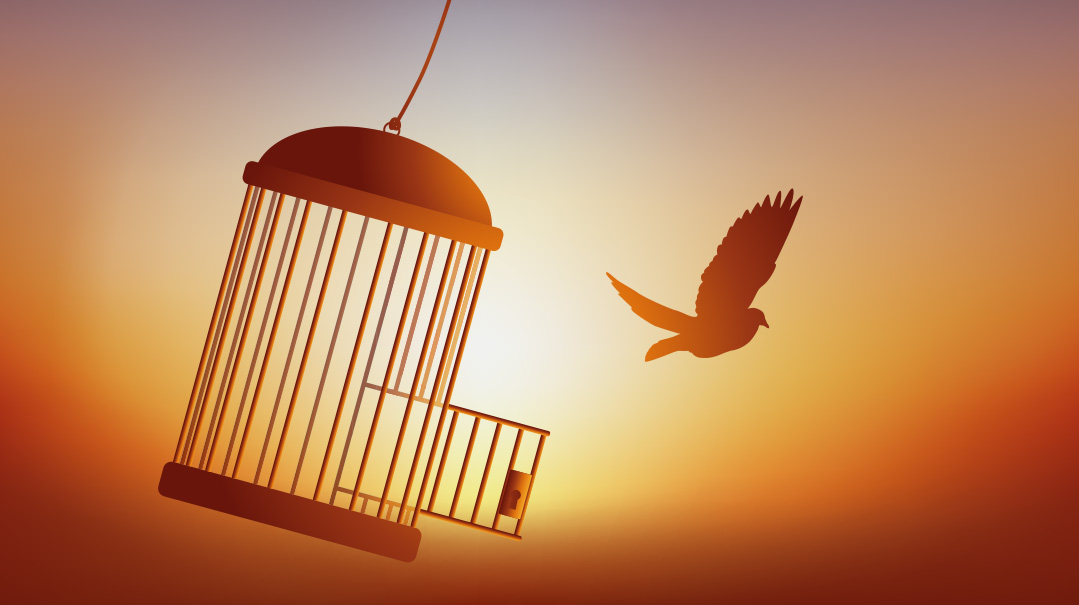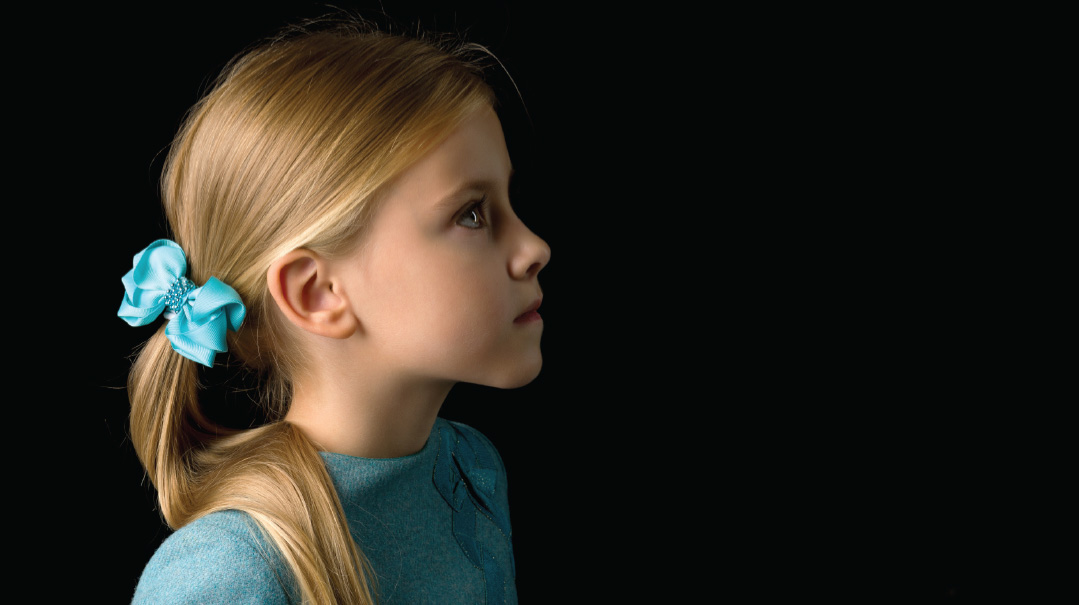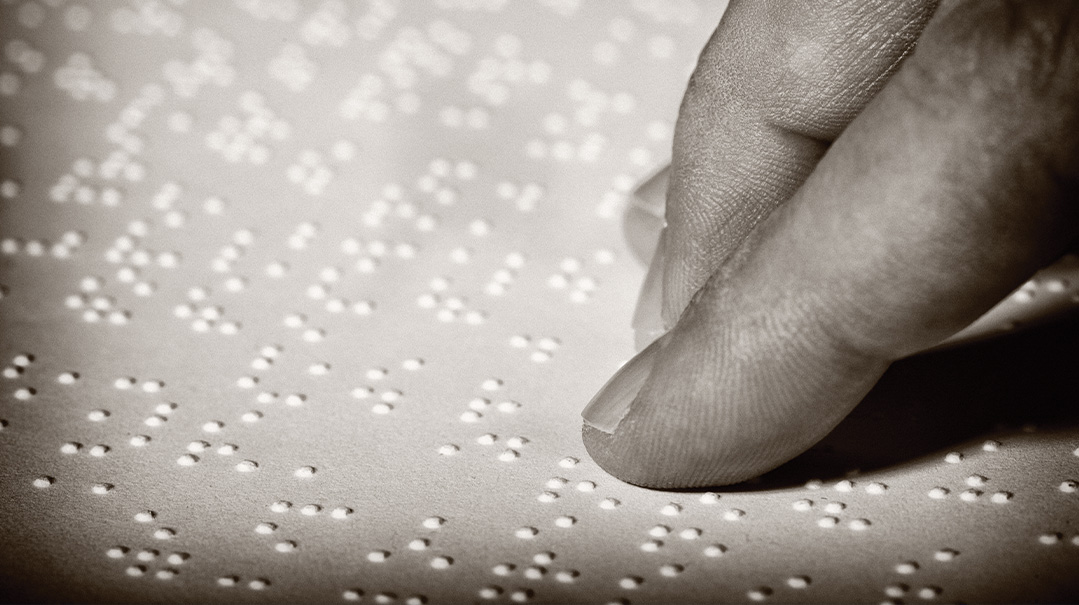Hindsight


Someone once told me: “If you’re not sure what to do about something imagine it’s ten years in the future and what you’re experiencing now is in the past. What would you like to say you did? How would you like to say you reacted?”
I found it to be good advice. But unfortunately I got that advice too late for a particular era in my life which fills me with shame when I think of it.
But to tell you that story I’m going to have to go even further back in time. Until I was four years old life was fairly typical. I was a happy little kid with one older brother Rafi and a younger sister Chava. One day the unthinkable happened: My mother was in a terrible car accident. She was physically unharmed but Rafi was killed. He was only five years old. Everyone was in shock.
I don’t remember much from that time and today I only have vague memories of Rafi — and really I suspect that most of those memories are really me remembering what others told me about him. I’m told that I reacted more from seeing my parents and grandparents cry during the shivah than from being told that Rafi was gone. I suppose it makes sense. What does a four-year-old understand about death? Nothing. But they do understand tears. And when your strong sturdy parents who can fix everything are crying it’s frightening. I’m told I had nightmares and started wetting my bed.
I always feel this strong sadness when I think back to that time. Of course I can barely remember it… but that poor poor little four-year-old who had no idea what was happening! That poor little girl who had no idea what was to come.
Turned out that my mother felt terrible awful unimaginable guilt that her son had been killed while she was at the wheel of the car. Now I understand that she must have been plagued with a million what-ifs. What if she hadn’t taken Rafi with her in the car? What if she’d taken a different route? What if she’d gone just five minutes earlier? Or five minutes later? Maybe Rafi would still be here today. Add that to the “regular” agony that a parent experiences when a beloved child dies.
Sure we all believe in Hashem and that He knows what He’s doing and that He only takes people at the right time.

Here’s what I discovered: Sometimes when you’re feeling all righteously upset and indignant about being lied to it’s worth it to take a moment to think about it from the opposite perspective. Do you REALLY want to know the secret?
Well it’s easier to believe in theory when you’re not struggling with a child’s death. Not surprisingly soon after the shivah my mother wound up in a special hospital. I was only a little girl at the time but it was explained to me that she “wasn’t sick in her body” and “needed help with her feelings.” Of course now that I’m older I understand exactly what that means but at the time I barely grasped what people were telling me. I was only four. I just missed my Mommy!
Clearer than any memories of Rafi or the shivah is a memory I have of visiting my mother in the hospital one day. My mother looked the same but she was stiff and I remember my father urging her to hold me. I still remember that cold horrible feeling in the pit of my stomach.
Baruch Hashem time passed and time healed. My mother came home from the hospital and our new normal resumed. I talked about Rafi less and less. His name came up every so often — it still does — but eventually mentioning his name just felt like talking about someone I used to know many years ago and kind of lost touch with. I went to school Chava went to school. My parents both had jobs. A few years later my mother had another baby a girl they named Menucha.
The year Rafi would have been bar mitzvah was particularly hard for my parents. They were being invited to bar mitzvahs of the boys who had been in Rafi’s kindergarten class. Around that time I later found out my mother had a miscarriage — and it had been a boy. It had been years but my parents were still suffering and missing Rafi. Now I understand that that’s not unusual for bereaved parents; it’s against nature for parents to bury a child and there’s really no “getting over it.” Time can only heal so much… (excerpted)
Oops! We could not locate your form.







